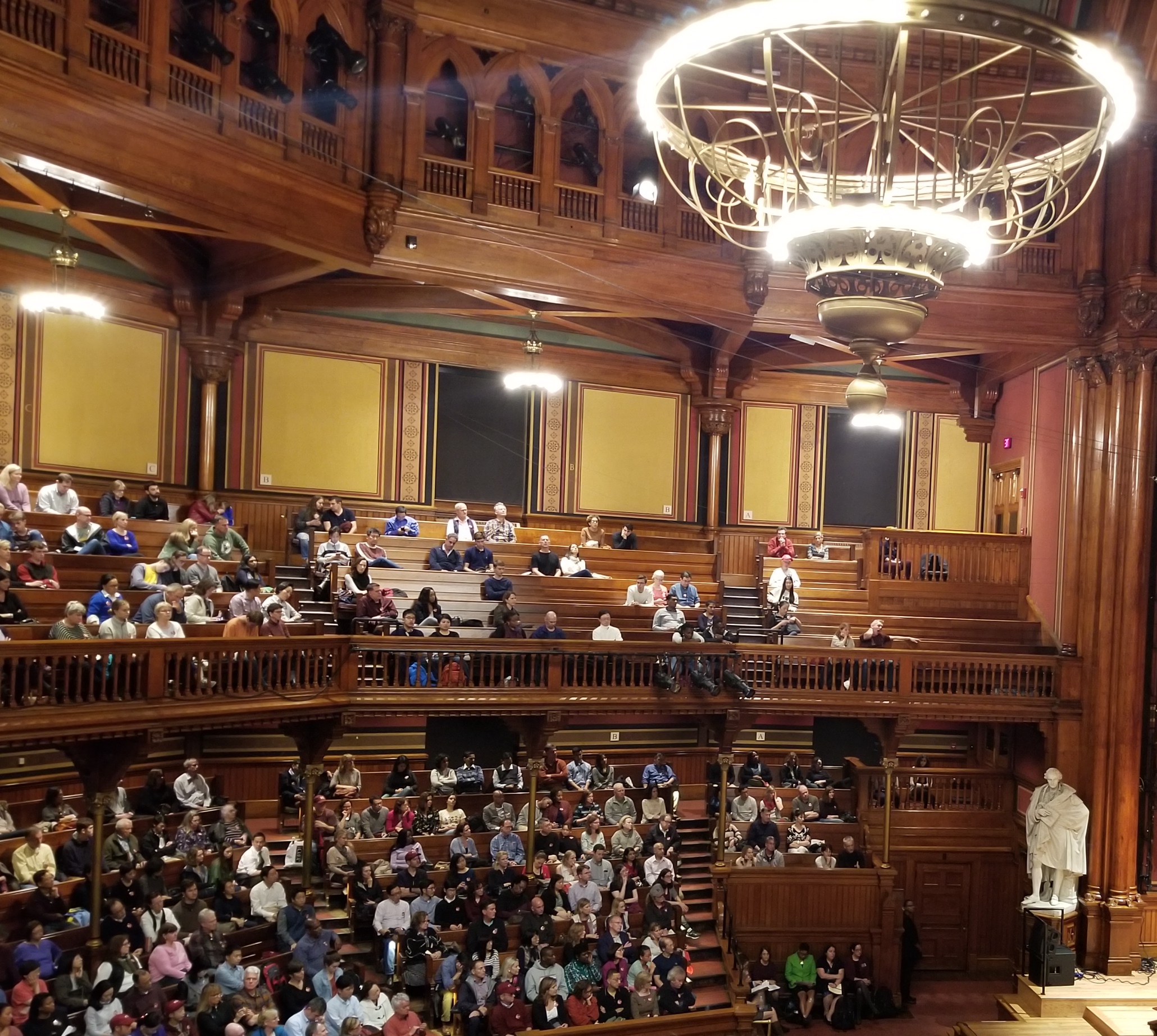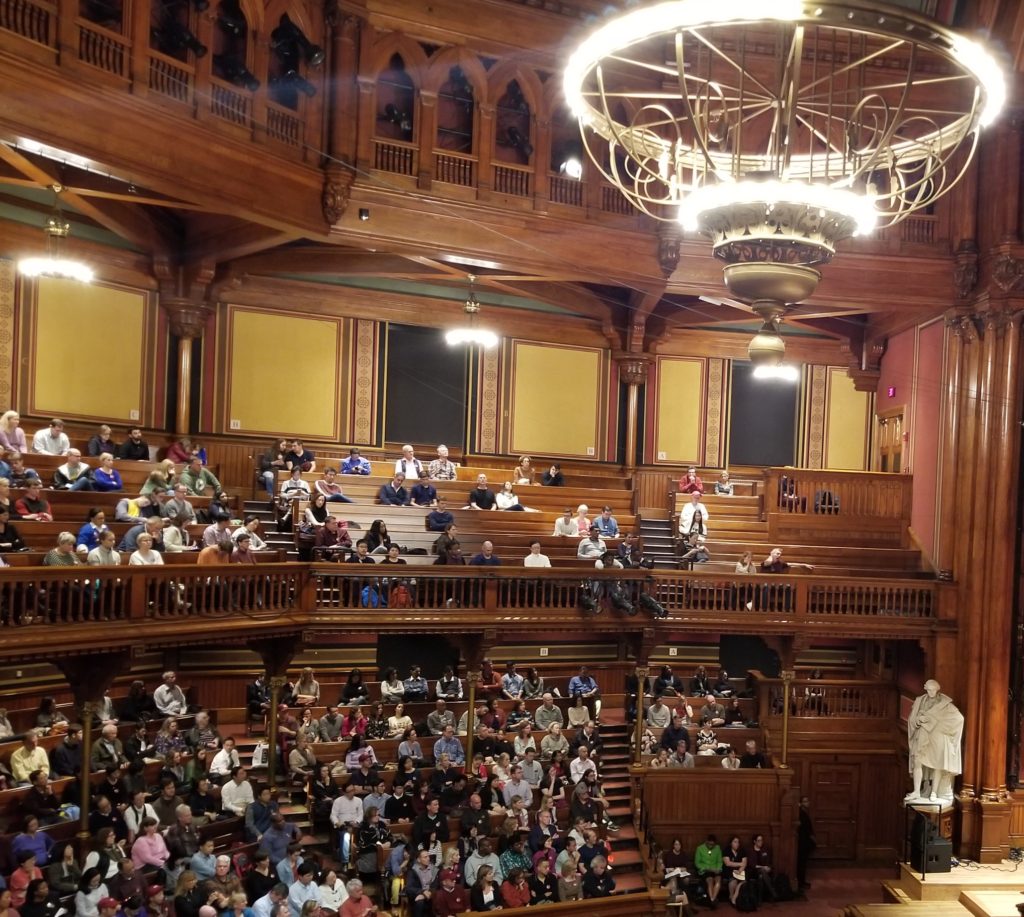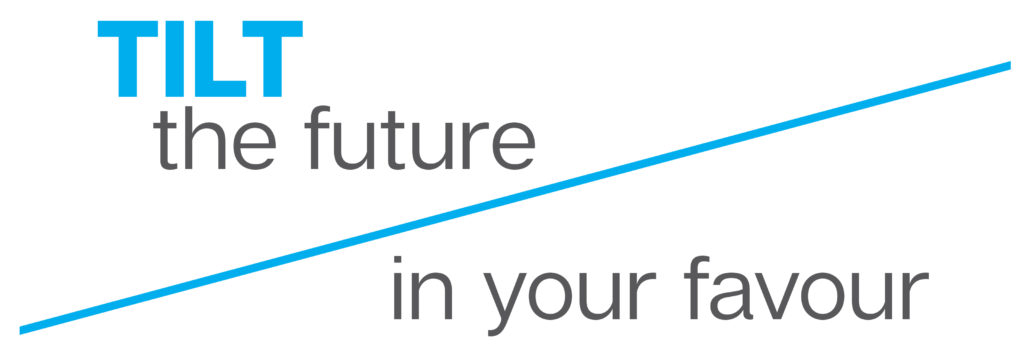
10 Nov What four letter word does every contented undergraduate student use?
Strategies to help students succeed
‘We surveyed a number of students – some who had made a better transition as they entered their second year, others less so. And every content junior undergraduate used the same four letter word while describing their first year experience. It didn’t come up in the conversations of the others.’
Can you guess what it is?
Richard Light is a statistician who can really pull off a great story. He had the parents at the edge of their seats, leaning forward to discover the magic four-letter word.
WORK? PLAN? LUCK?
I grew up in a scrabble household, and I was rapidly flipping through my mental dictionary of all the words that would relate to success. This was a lecture on strategies. Strategies that parents could use to help their first year student navigate through their entire university journey.
But it proved to also be about great life lessons, regardless of your stage of life. Because we all struggle with transitions.
Prof. Light’s team asked the students to describe how they had made their transition from high school to first year. And he compared the responses of those with a higher satisfaction score on a scale out of 10, than those whose scores were on the lower end. As they talked, certain themes came up. And they centered around one word:
T-I-M-E
How do you fit everything in?
Each student who described more satisfaction and peace in their student journey used this word repeatedly in their conversations. They had understood the challenges of learning how to (as one University of Waterloo Engineering Admissions officer once described to me) “walk and chew gum at the same time”.
- For some, it was the simple acknowledgement that what got them here may no longer be sufficient to gacknowledgmentThey would need to add more tools to their toolbox.
- For others, it was being a kid in a candy store. Suddenly there are fresh experiences and new learning opportunities in subjects that had just danced at the edges of their intellectual curiosity while they had focused on getting their college applications ready a year before. I learned of a Computer Science student focused on AI, who was finally was able to realize his life passion to play once a week on a baseball team!
- And then there were those who were learning how to get their essays submitted on time while figuring out laundry.
You have the same 24-hours as Beyonce
With each new experience and opportunity came a related time-crunch. They each may not yet have figured out their answer. But the fact that they were paying attention gave them an advantage over those who were just rolling with the punches, or trusting their old habits.
Prof. Light’s work carries particular weight. Based out of Harvard, he has run a multi-year survey of undergraduates across a number of North American universities. He questions students at intervals from the time they come into their studies as first-year freshmen, and performs ‘exit’ interviews as they graduate. He is also an academic advisor to freshman, and sees their transition challenges first hand.
Learning to play with Time
As he quizzed these students, he looked for strategies that they had discovered. For some, they came with curiosity: ‘How do I? How can I?’ Because surely, they were not the first to have asked this question. From others he gleaned the use of apps, strategies or time-management hacks:
- Discover time in your day: Understanding the rhythm and repetition in their time-table allowed them to discover pockets of time where they could: call home; outline an essay; ‘chill’.
- Track it: If they are ‘bleeding time’, he recommended they track their time for a two-week period. The old fashioned way. On paper. And then use that information to discover where they could tweak their schedule.
- Rest: He was also clear – managing your time efficiently should not come at the sacrifice of sleep. We make better decisions – especially on how to prioritize – when we are adequately rested.
“Make sure you talk to your students about paying attention to time”
Finding a new normal
Transitions are a normal part of life. Sometimes they are fleeting – like the transition between being on vacation to returning to work. At other times, like starting to date or the loss of a spouse, it can take longer to discover the rhythm of a new routine.
Starting post-secondary education – like starting a job, becoming a parent, or retiring – falls into the group of major life transitions. It resets our normal. In a significant way.
Time management is not an IQ (Intelligence Quotient) skill. But it is a crucial EQ (Emotional Quotient) skill. Understanding the importance of time management, bringing the right amount of focused attention to our scheduled work, and understanding flexibility, all help us get the most out of the experiences around us.
Time management also allows us to find the moments to learn balance during a period of transition. Keeping enough of our old self through familiar interests and habits, while we gradually absorb a new identity or a new routine, helps us to stay grounded.
My take aways to Students and Influencers:
Students: Learn to play with your TIME. You may not have the ideal solution – yet. It is a trial & error process of self-discovery. But awareness is itself a powerful first step. It helps you make better decisions in how you leverage those valuable pockets of 15-minute gold. If you suffer from FOMO, remember you do not have to do everything! Talk to others about what you have tried, what worked or did not work for them. Because of our individualities, someone else’s failure might just be your precious godsend. And get enough sleep.
Influencers: Share your time-management journey with young adults. The productivity and time-hacks that you discover along your life journey might strike a chord with someone else who thinks like you.
In the spirit of sharing forward …
When I moved from a corporate life to life as an entrepreneur, it took me a long time to discover one little hack that has made a significant difference to my productivity. I deployed just one suggestion: “Plan Tomorrow Today” from a book on Organization by Selk & Bartow. Teaming that with an old fashioned paper agenda, I now have a rolling day+1 mental image of my tomorrow. Planning ahead for meetings, with their agendas and deliverables; scheduling in blog writing, edits, posts; arranging downtime, dinner and drinking water – has helped me focus on delivering on my personal priorities:
- spending time with my family without apology, via face or FaceTime, because separation is state of mind, not miles
- to share what I know about the Future of Work with GenZ, and the community that can influence and support them – their friends & families, educators, and employers.
What will you share?
This path to ‘adulting’ (yes, it is a word in the dictionary!) is a challenging one. Young adults today are bombarded with so much information, so many strategies and so much data. Yet sharing these simple solutions and frameworks in context can make all that activity easier to manage.
If you have a simple time-hack that made your life easier – and that might be the answer to improving the time management of someone who thinks and works like you – please share it in the comments below!
CREDIT & THANKS; DEFINITIONS & RESOURCES:
- Professor Richard Light, Pforzheimer Professor of Teaching and Learning, and author of Making the Most of College: Students Speak Their Minds
- ‘Organize Tomorrow Today‘ by Selk & Bartow
- Paper agenda system – I tested a number, and this one proved best for my personal need – Best Self Journal bestself.co
- GenZ, Generation Z – if you were born in 1995 or after. You have already started working, are in post-secondary education or making your course and college selections
- Photo credit: Karena de Souza
- A version of this article was also published on LinkedIn on November 8, 2018




No Comments